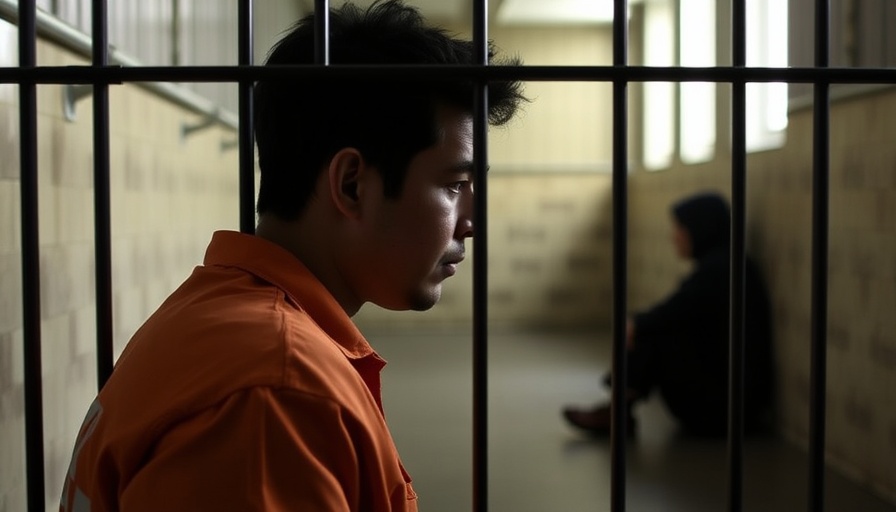
Exploring the Efficacy of Mentalisation-Based Therapy in Prisons
The world of psychiatry and therapy has always sought strategies to rehabilitate individuals struggling with severe mental health disorders, notably anti-social personality disorder (ASPD). Recent research presents a beacon of hope with the introduction of Mentalisation-Based Therapy (MBT) targeted towards this population within a prison setting. While unconventional and faced with skepticism, the results emerging from this rare trial exhibit promising potentials for redirecting the lives of those affected by ASPD.
Understanding ASPD and Its Challenges
Anti-social personality disorder is characterized by a pervasive pattern of disregard for the rights of others, leading to significant issues with relationships, employment, and complying with societal norms. Individuals with ASPD often display manipulative behavior, impulsiveness, and a lack of remorse. The challenges presented by these traits complicate conventional treatment approaches, making the application of novel therapies, like MBT, critical.
The Principles of Mentalisation-Based Therapy
MBT rests on the concept of mentalization—the ability to understand oneself and others in terms of mental states. This therapy aims to enhance emotional regulation and interpersonal skills among participants. In the context of anti-social personality disorders, MBT seeks to cultivate empathy and reframe distorted thinking patterns, which can lead to improved relationships and reduced aggressive behaviors.
Benefits of Implementing MBT in Prisons
Implementing MBT within a prison setting marks a significant shift in rehabilitation techniques. Conventional environments often prioritize disciplinary action over therapeutic interventions. By focusing on enhancing emotional understanding and mental state awareness, prisoners have reported noticeable improvements in their relationships with both fellow inmates and staff. This approach not only fosters personal growth but also encourages a more harmonious prison environment, potentially leading to reduced recidivism rates upon release.
Real-World Impact: Insights from the Trial
This pioneering trial was designed to explore the effectiveness of MBT among imprisoned individuals diagnosed with ASPD. Initial findings indicate a marked improvement in the participants’ ability to engage socially, along with enhanced emotional stability. Through structured sessions, individuals learned to navigate their feelings, better assess the situations around them, and, critically, develop a sense of empathy that many previously lacked.
The Future of Mentalisation-Based Therapy in Criminal Justice
As more research unfolds, the hope is that MBT will not only be recognized as a viable treatment option for ASPD but will also illuminate the broader benefits of employing psychological interventions in correctional settings. By focusing on rehabilitation rather than mere punishment, we pave the way for a more humane approach to criminal justice that prioritizes mental health. Future studies should explore expanded applications of MBT beyond prisons, possibly integrating it within community-based programs to help individuals reintegrate successfully into society.
Unique Advantages of Psychological Interventions in Prisons
Integrating MBT into prison systems offers unique benefits: a reduction in violent behavior, improved emotional intelligence, and better relationship management. These gains not only positively influence individual lives but can also extend to the broader community—the ripple effect leading to safer streets and a decrease in repeat offenses. Embracing psychological techniques goes beyond mere treatment; it fosters a fundamental change in how society views rehabilitation.
Conclusion: The Call for Expanding Empathy and Understanding
The findings from this trial bring to light the urgency of rethinking approaches to those diagnosed with personality disorders, especially within the confines of prisons. It underscores the importance of empathy, understanding, and mental health support—not only for the betterment of individuals but also for society at large. As we champion the cause for more integrative and thoughtful therapies like MBT, we have the potential to reshape lives and foster communities based on compassion and understanding. Let's advocate for the expansion of these vital programs and continue to shed light on the importance of mental health successes.
 Add Row
Add Row  Add
Add 



Write A Comment